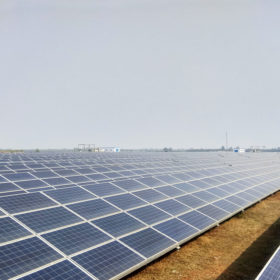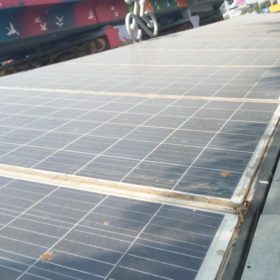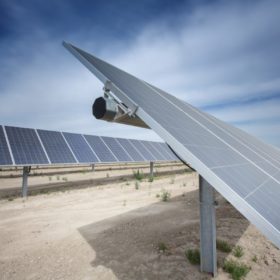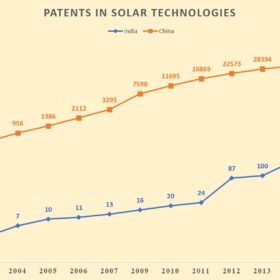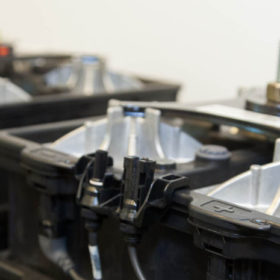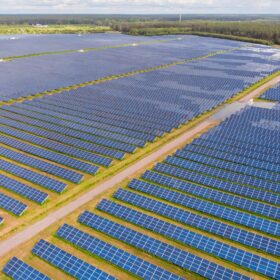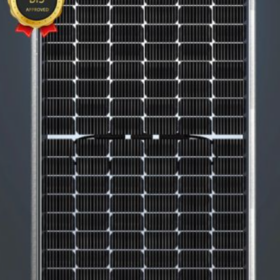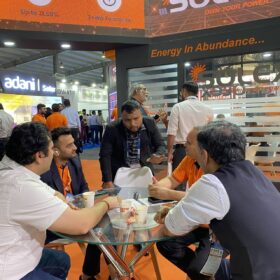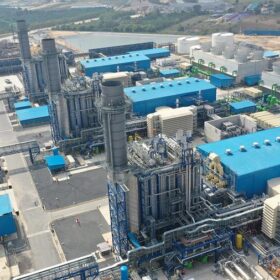Norway to install wireless charging system for taxis at stands
Finnish clean-energy company Fortum, in cooperation with US-based inductive charging specialist Momentum Dynamics, will install induction-based infrastructure to allow for wireless charging up to 75 kilowatts.
Economies of scale, a silver lining for solar – Waaree Energies Interview
Mumbai-based Waaree Energies has solar PV module manufacturing capacity of 1.5 GW—claimed to be the largest in India. At a time when the company is expanding to newer markets with customized solar modules for electric vehicles, Sunil Rathi, Director, Waaree Energies spoke to pv magazine about manufacturing in the current duty regime.
Solar Park Scheme changes set to drive up India solar power prices
The Ministry of New and Renewable Energy has addressed complaints by solar developers about a lack of power evacuation infrastructure by changing its solar park guidelines. Under the new rules, though, developers are likely to incur higher costs.
Andhra Pradesh pulls back on open access solar
The state has decided to withdraw almost all incentives available to open access solar, including exemption from electricity duty and distribution losses for projects injecting power at 33 kV or below. The policy reversal—clearly to appease state discoms—is likely to impact capacity addition.
FAME-II: Inter-ministerial panel set up for electric mobility projects
The committee is constituted for overall monitoring, sanctioning and implementation of the scheme, according to an order of the Department of Heavy Industries.
No construction permits without solar in one town in Telangana
The municipal council of Karimnagar has mandated rooftop solar on new buildings of a certain size as part of the Ministry of New & Renewable Energy’s Smart City Mission, which requires 10% of municipal energy to be generated from solar.
Global utility-scale solar set for double-digit growth: Goldman Sachs
Utility-scale solar power capacity will grow by double digits globally in 2019 and 2020, driven by expansions in the United States, Europe, Middle East and China.
Manufacturing the Manufacturing Policy for Indian Solar Modules
India needs a manufacturing policy that is scalable, secure, strategical and supportive and promotes both the growth and spread of solar while protecting the interests of domestic manufacturers.
Solar capacity addition to slow down till FY2019-20: Crisil
While commissioning is expected to slow down in FY 2018-19 due to the impact of the safeguard duty and GST issues, FY 2019-20 is weak due to delay in auction as several tenders got delayed/cancelled. However, FY2019-20 onwards, solar capacity additions are expected to pick up due to several factors including subsiding/removal of the safeguard duty (which would ease cost pressures).
Li-ion cells face doubled import duty from April 2021
In a move to promote indigenous manufacturing, the government has doubled the basic import duty on lithium ion cells—used in manufacturing of lithium ion accumulator for EVs—to 10 per cent from April 2021. Battery packs used in manufacturing electric vehicles face tripled import duty of 15 per cent as against the current 5 per cent.



